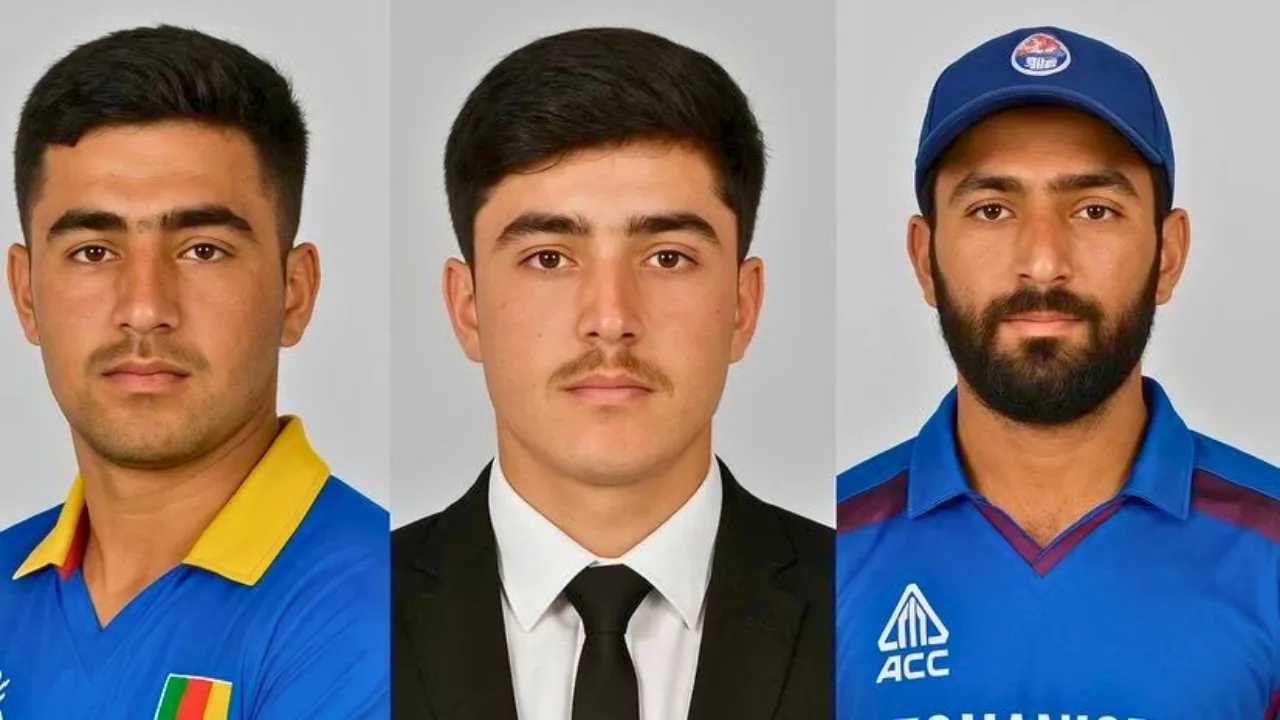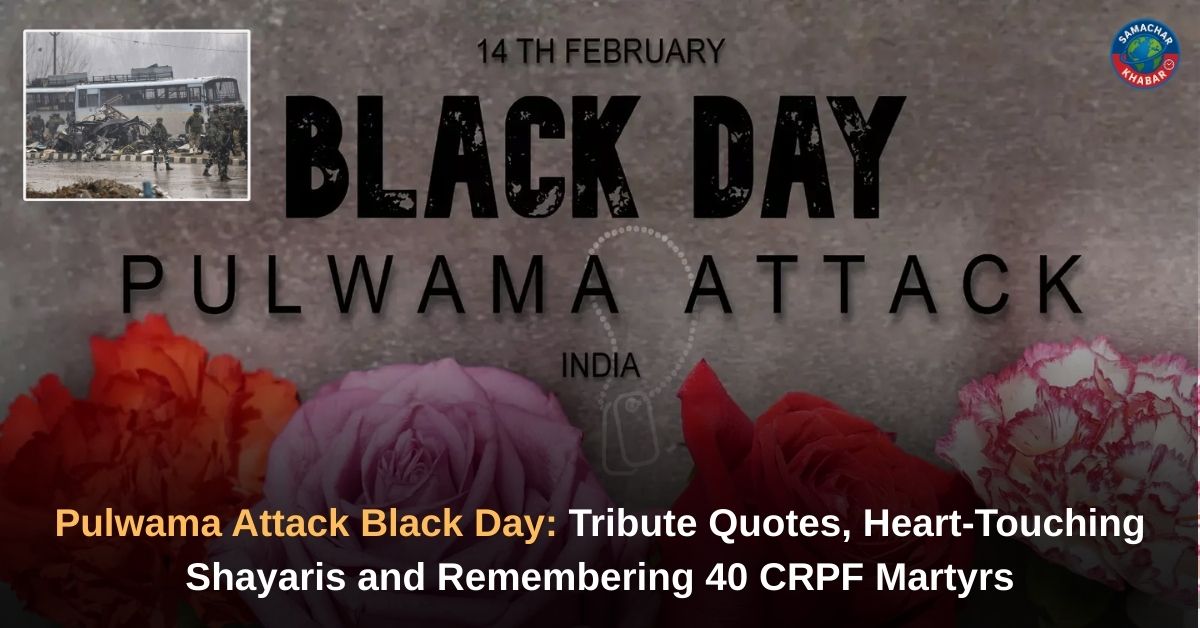3 Afghan Cricketers Killed: A shocking escalation at the Pakistan–Afghanistan border has claimed the lives of three promising Afghan cricketers, igniting outrage across the sporting and diplomatic communities. The Afghanistan Cricket Board (ACB) confirmed that Kabeer, Sibghatullah, and Haroon, who had traveled from Urgun to Sharana for a friendly cricket match, were killed in a Pakistani airstrike targeting southeastern Paktika province.
The attack also killed at least five other civilians, prompting Afghanistan to withdraw from the scheduled November tri-nation T20 series in Pakistan, as a gesture of respect for the victims.

The tragedy highlights the human cost of ongoing tensions between Afghanistan and Pakistan, which have escalated despite a fragile ceasefire extended during ongoing Doha peace talks. Afghanistan’s cricket captain Rashid Khan and international players Mohammad Nabi and Fazalhaq Farooqi expressed deep sorrow, condemning the attacks as barbaric and unlawful acts targeting innocent lives.
Key Takeaways: Pakistan Airstrike Kills Afghan Cricketers
- Three domestic Afghan cricketers killed: Kabeer, Sibghatullah, and Haroon were among the victims in Paktika province.
- Airstrike targets civilians: An attack occurred in Urgun district shortly after the players returned from Sharana. Five additional civilians reportedly died.
- Afghanistan Cricket Board withdraws from series: The tri-nation T20 series with Pakistan and Sri Lanka scheduled in November was canceled in respect for the victims.
- Rashid Khan condemns attack: Afghanistan T20 captain criticized the strike as immoral, barbaric, and a violation of human rights.
- Cross-border tensions escalate: The airstrike followed a 48-hour ceasefire between Pakistan and Afghanistan, now extended amid Doha negotiations.
- Regional implications: The strike highlights the ongoing conflict along the 2,600 km Pakistan-Afghanistan border, affecting both civilian life and sports diplomacy.
Tragedy Strikes Afghan Cricket
The slain cricketers had traveled to Sharana, the provincial capital of Paktika, to participate in a friendly match. Upon returning to their hometown of Urgun, they were targeted during a local gathering. The Afghanistan Cricket Board labeled the attack as a “cowardly act by the Pakistani regime”, mourning the loss of young athletes who had dreams of representing their country on the world stage.
Captain Rashid Khan expressed his grief on social media, stating, “A tragedy that claimed the lives of women, children, and aspiring young cricketers is a stark reminder of the costs of conflict. National dignity must come before all else.” Similarly, Fazalhaq Farooqi called the attack “heinous and unforgivable”, while Mohammad Nabi described it as a loss for the entire Afghan cricket community.
Pakistan-Afghanistan Border Clash Context
The airstrike comes amid an already tense period along the Pakistan–Afghanistan border. Following recent explosions in Kabul, blamed on Pakistan, and retaliatory border clashes, both countries had agreed to a 48-hour ceasefire. The ceasefire was later extended during ongoing Doha peace negotiations, intended to prevent further civilian casualties and stabilize the region.
Despite these efforts, Afghan officials reported that Pakistan conducted airstrikes in southeastern Paktika and other nearby districts. Reports indicated that civilian homes, including one in Khanadar village, were struck. Afghan authorities condemned the strikes, asserting their right to respond but restraining fighters to respect ongoing negotiations.
Doha Peace Talks Amid Escalating Tensions
A Pakistani delegation had arrived in Doha to participate in peace talks aimed at resolving ongoing border violence. The talks involve senior officials from both nations seeking a diplomatic solution after the recent week of clashes, which left dozens dead and hundreds injured.

Pakistan’s Defence Minister Khawaja Asif warned Afghan nationals residing in Pakistan to return to Afghanistan, arguing that the land and resources belong to Pakistani citizens. He also accused Kabul of aligning with India, a statement coming shortly after Taliban Foreign Minister Amir Khan Muttaqi’s first visit to India.
The strikes during this fragile truce have further strained relations and highlight the difficulty in implementing peace along a long and contested border.
Civilian Toll and Human Cost
While international attention has largely focused on the death of the cricketers, Afghan officials report that at least 10 civilians were killed in the strikes. The incident underscores the ongoing humanitarian impact of military actions along the border, affecting both civilians and rising sports talent.
Also Read: ICC Women World Cup 2025 Points Table: Who Will Make the Semis?
This event emphasizes the vulnerability of ordinary Afghan citizens and the need for strict adherence to ceasefire agreements, even amid political and military tensions.
The Global Cricket Community Reacts
The international cricket community has expressed shock and grief. Afghanistan’s withdrawal from the upcoming tri-nation series signals not only mourning but also a protest against attacks on athletes. The tragic loss of Kabeer, Sibghatullah, and Haroon has highlighted the fragility of life and the pervasive effects of political conflict on sports, bridging humanitarian concerns with diplomacy.
A Tragedy Beyond Borders
The killing of three Afghan cricketers in Paktika is more than a loss for sport; it is a stark reminder of the human cost of border conflicts and fragile peace agreements. As Doha peace talks continue, the international community watches closely, hoping that diplomatic dialogue will prevent further civilian deaths. Afghanistan’s decision to withdraw from the cricket series shows that grief and respect for human life often take precedence over sports and politics.
The tragedy serves as a sobering example of how cross-border disputes, military actions, and failed communication can have real, human consequences impacting lives, dreams, and national morale in profound ways.
Spiritual Insight: The Guidance of Tatvdarshi Sant Rampal Ji Maharaj Ji
Amid the tragedy and human suffering caused by conflicts and injustice, it is important to remember that our souls belong to the Supreme Being. Tatvdarshi Sant Rampal Ji Maharaj Ji teaches that the challenges, pain, and grief we experience in this world occur because we are disconnected from our true spiritual home. The souls in this world face sorrow due to their mistakes, but returning to the realm of Supreme God can bring lasting peace.
Tatvdarshi Sant Rampal Ji Maharaj Ji, the complete incarnation of the Supreme God, currently resides on the sacred land of India, in Haryana. Through His teachings and Tatva knowledge, humanity can attain inner peace, spiritual awakening, and eternal bliss. His divine wisdom, as described in holy scriptures, guides devotees toward true liberation and a life free from fear and sorrow.
To learn more about the path of spiritual knowledge and eternal salvation, visit www.jagatgururampalji.org or watch the teachings on the YouTube channel: Sant Rampal Ji Maharaj.
FAQs on Afghan Cricketers Killed in Pakistan Airstrike
1. Who were the Afghan cricketers killed in the Paktika airstrike?
The Afghanistan Cricket Board (ACB) confirmed that three cricketers Kabeer, Sibghatullah, and Haroon were killed in a Pakistani airstrike in Paktika province while returning from a friendly match in Sharana.
2. How did the Pakistan airstrike impact Afghanistan’s cricket schedule?
Following the deaths of the cricketers, Afghanistan withdrew from the tri-nation T20 series scheduled in November with Pakistan and Sri Lanka, as a mark of respect for the victims.
3. What caused the airstrike on Afghan territory by Pakistan?
The airstrike occurred amid escalating border tensions and clashes between Afghanistan and Pakistan, despite a fragile 48-hour ceasefire, extended during ongoing Doha peace negotiations. Afghan officials reported civilian casualties, including the three cricketers.
4. How did Afghan cricket players react to the tragedy?
Afghanistan’s T20 captain Rashid Khan condemned the attack as immoral and barbaric. International players Mohammad Nabi and Fazalhaq Farooqi expressed grief, calling it a heinous crime targeting civilians and athletes.
5. What is the broader impact of the Paktika airstrike?
The airstrike underscores the human cost of Pakistan–Afghanistan border clashes, affecting civilians, athletes, and diplomacy. It complicates ongoing Doha peace talks and raises international concern over the security of Afghan citizens and sports personalities.














